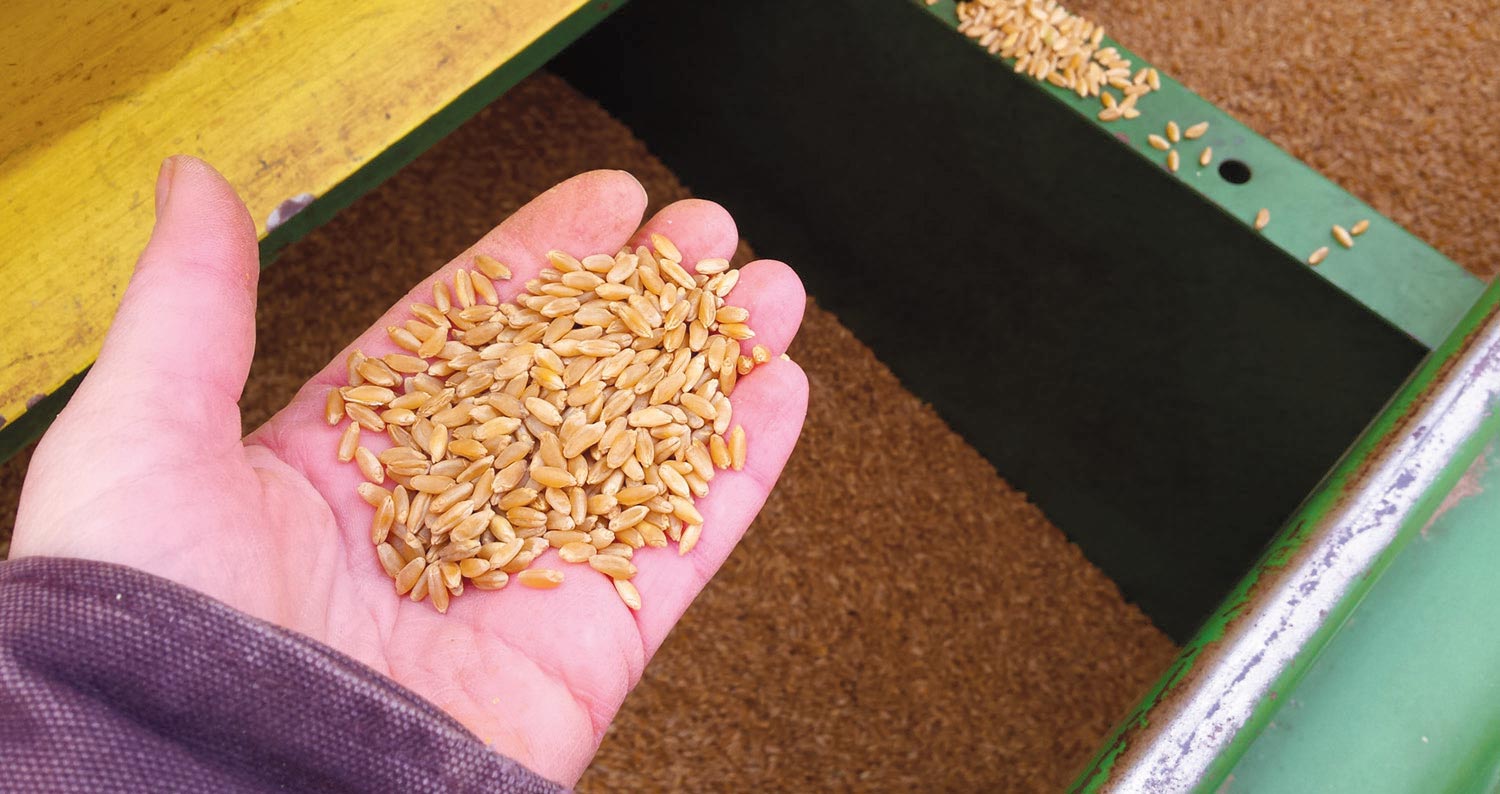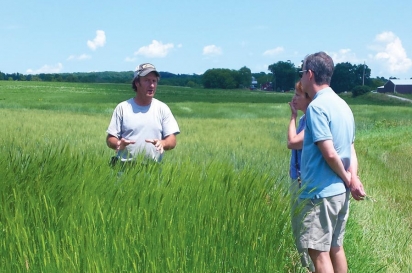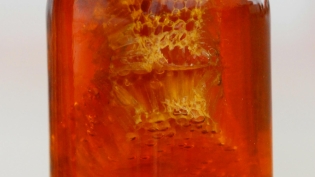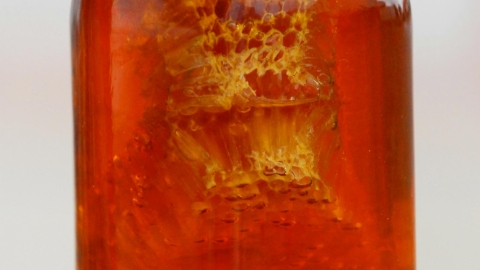Finding a new niche with ancient grains
Along the eastern shore of Lake Winnebago is a sustainable farm where corn, alfalfa, strawberries, maple syrup and other favorites are lovingly tended by farmers who are careful to work with the land, rather than against it.
The owners of the 150-acre farm, David and Leslie Meuer, recently took a look at the plentiful local foods available in the area and noticed a gap in the market for heritage and ancient grains.
“We wanted to further diversify our business, and we started with oats, which my father and grandfather grew,” says David. “We got the equipment and have added several grains since then, all of which are whole grain, meaning nothing has been taken out.”
Many ancient grains are either gluten-free or low in gluten by nature, explains Leslie, making them ideal for people with sensitivities. They can be used for breads, pasta, baking flour, pancakes, muffins and other baked goods. The response from the community to these grains has been highly positive.
“Ancient grains are healthier,” explain the Meuers. “They are higher in protein, vitamins and minerals. They have a naturally occurring nuttiness and sweetness, so the flavors may be new to some people.”
GRAINS GROWN ON MEUER FARM:
- Certified Gluten-Free Oats.
- Durum that is generally not grown in the Midwest and is ideal for bread and pasta.
- Emmer, an ancient grain first grown in Mesopotamia, is the mother of durum and has 28 chromosomes. Emmer banana bread is a favorite of Leslie’s!
- Soft Red Winter Wheat, a wonderful pastry flour.
- Spelt, another ancient grain, is also low in gluten. Many people with gluten irritations can still eat this. It’s excellent for pancakes and bread and has been used for around 7,000-10,000 years. Leslie uses it to make strawberry crisp.
- Einkorn, which is generally used for breads, has been grown for around 12-14,000 years. It’s a simple grain, low in gluten, and has 14 chromosomes.
- Hard Red Spring Wheat, a more commonly known wheat, is often used to make pan bread.
“Hard Red Spring Wheat is not usually grown here,” says David. “We do the milling right here ourselves, so it’s given us a market. We don’t have a third party processing it.”
With the goal of educating people on how to bake with these grains in mind, the Meuers have a number of simple recipes listed on their website, www.meuerfarm.com, and also recommend digging into some independent online research where you’re likely to find a niche of people also passionate about ancient grains.
“All our grains are stone-milled in June,” say the Meuers. “Everything is done sustainably, right here on the farm without harsh chemicals.” The Meuers welcome visitors to enjoy the beauty of their farm and experience maple syrup making in the spring, the strawberry fields in early summer as well as a corn maze and pumpkin picking in the fall.
“Our farm is open to groups and people of all ages,” say the Meuers. “You will see undisturbed waterways for the water to flow cleanly through our fields without removing crop soil. Our strawberries enjoy underground irrigation that reduces water consumption. The pond and stream are alive with fish, frogs and muskrats. As of 2016 eagles are nesting and raising their young here.”
THE MEUERS’ GRAINS ARE CURRENTLY BEING USED OR ARE OFFERED AT:
- Chef’s Hat in Ephraim
- MacReady Artisan Bread Company in Egg Harbor
- One Love Bread in Withee • Main Grain Bakery in Stevens Point
- Waseda Farm Market in De Pere (rolled oats only)







